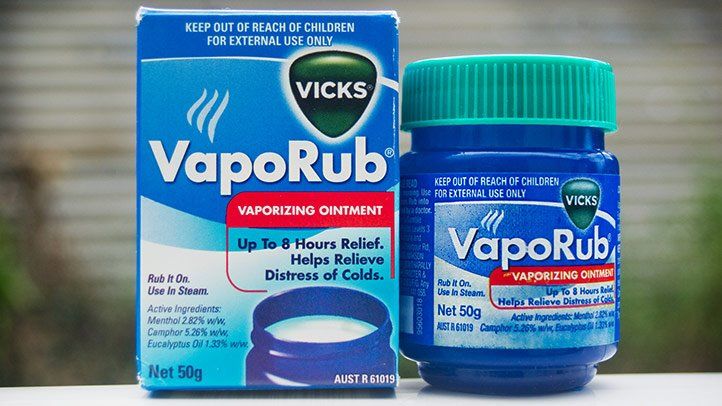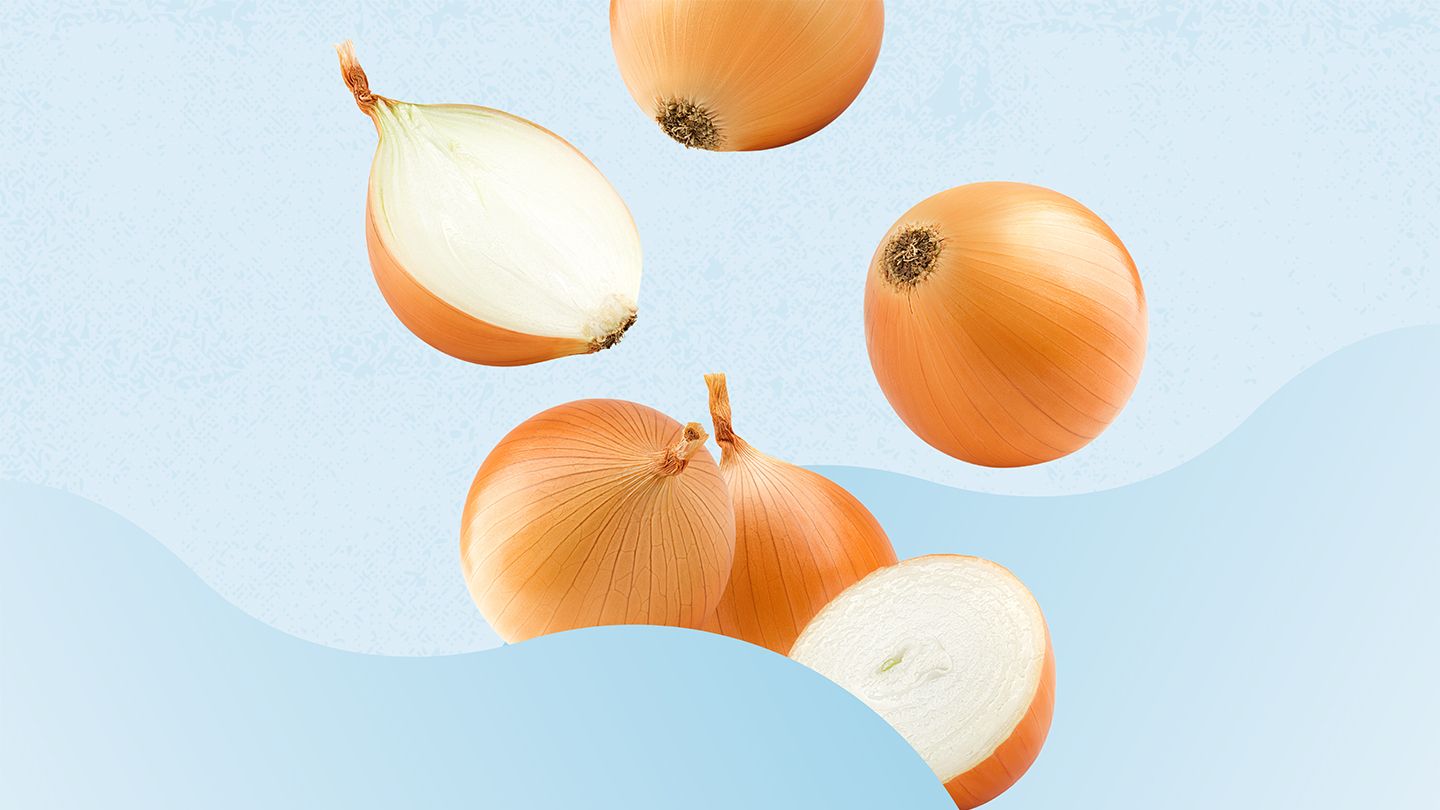Fighting the Flu Naturally
When flu season hits, many people head to the drugstore for over-the-counter medications to treat their symptoms. While these can provide some relief, they also often come with side effects. An alternative approach is to try natural remedies that may help you feel better without harsh drugs. Here are 8 natural options to consider next time you're hit with the flu.
1. Stay Hydrated
Drinking extra fluids is one of the most basic yet effective natural flu remedies. The flu often leads to fever, chills, and sweating, which can dehydrate your body. Dehydration causes headaches, fatigue, dizziness, and muscle cramps. Drinking water, herbal tea, soup broths, and electrolyte-rich sports drinks can replenish lost fluids and help you get over the flu faster.
Aim for 8 to 10 glasses of fluids daily when sick. Cool beverages can also help lower fever temporarily. Some people find sipping on warm broths soothing for flu symptoms.
2. Try Zinc
Zinc is a mineral that's important for immune system functioning. It helps fight off foreign invaders like bacteria and viruses. Some studies show that taking zinc lozenges at the first signs of the flu can reduce the duration and severity of symptoms.
Zinc is available as a supplement in capsule, tablet, liquid, and lozenge form. For colds and flu, lozenges that slowly dissolve in the mouth are considered most effective. This allows the zinc to come into direct contact with throat tissues. Most studies have used zinc lozenges containing about 13 to 23 mg of elemental zinc per lozenge.
Possible side effects of too much zinc include nausea and vomiting. Zinc can also interfere with certain medications like antibiotics. Talk to your doctor before taking zinc supplements, especially at high doses.
3. Try Elderberry
The European black elderberry (Sambucus nigra) has long been used to treat colds, flu, and sinus infections. The berries contain plant compounds that have antiviral, antioxidant, and immune-boosting effects. Some research indicates that elderberry could reduce flu duration by 2 to 4 days compared to a placebo.
Elderberry supplements come in syrup, lozenge, and gummy form. For colds and flu, the generally recommended dosage is 15 ml of elderberry syrup or 300 to 1,000 mg of concentrated elderberry extract daily. Be sure to look for a reputable brand tested for purity and potency.
While relatively safe, talk to your doctor before taking elderberry if you take medications for diabetes, high blood pressure, or autoimmune conditions. The high antioxidant content could interact with certain drugs.
4. Increase Vitamin C Intake
Vitamin C is arguably the most well-known immune-boosting nutrient. This water-soluble vitamin acts as an antioxidant to neutralize free radicals. It also supports the function of various immune cells.
While vitamin C won't necessarily prevent you from catching the flu, studies show it could reduce the duration and severity of symptoms. Adults are recommended to get at least 75 to 90 mg of vitamin C per day. When sick, taking 1,000 to 2,000 mg daily in divided doses may help shorten how long your cold or flu lasts.
Good food sources of vitamin C include citrus fruits, bell peppers, broccoli, strawberries, and tomatoes. High dose vitamin C supplements are also widely available.
5. Have Chicken Soup
Chicken soup may help more than just the soul when you have the flu. This classic home remedy helps you get more fluids. The warm broth also acts as a natural decongestant by thinning mucus. One study found that chicken soup containing garlic, onions, and other vegetables had an anti-inflammatory effect on the common cold.
Chicken soup is also thought to stimulate the immune system. Amino acids like cysteine are released from chicken during cooking. Researchers believe this contributes to the soup's medicinal benefits. Add plenty of veggies for extra antioxidants and nutrients.
6. Use a Humidifier
Using a humidifier adds moisture to the air, which can provide relief when you have the flu. Dry air can irritate your throat and nasal passages. It can also dry out mucus membranes, making congestion and coughs worse.
A humidifier increases humidity levels and aids breathing. Added moisture also keeps sinuses moist, which helps thin out mucus. This makes blowing your nose easier so you can breathe better. Make sure to keep your humidifier clean to avoid spreading germs.
7. Gargle with Salt Water
Gargling with salt water is an easy natural remedy to try when you have a sore throat or congestion. The salt helps pull fluid from inflamed tissues, acting as a mild anti-inflammatory. It also helps loosen thick mucus so it's easier to expel.
To make a salt water gargle, stir 1 teaspoon of table salt into a glass of warm water until dissolved. Gargle with a mouthful for 30 seconds to 1 minute, then spit it out. Repeat as needed to relieve throat irritation. Use several times per day for best results.
8. Try Herbal Tea
Sipping on soothing, medicinal herbal teas is a great way to stay hydrated and ease flu symptoms when you're under the weather. Certain herbs also have antioxidant, anti-inflammatory, and antimicrobial effects to support immune function.
Some of the best options include:
- Ginger: Reduces nausea and pain
- Echinacea: Stimulates immune response
- Peppermint: Relieves congestion and headaches
- Chamomile: Anti-inflammatory that calms the body
- Licorice root: Soothes sore throat and coughs
- Lemongrass: Supports immunity and fights fever
Look for herbal tea blends designed for colds and flu. Follow steeping instructions carefully to maximize the medicinal effects from the herbs and avoid side effects.
When to See a Doctor
Natural remedies can often successfully treat mild flu symptoms. However, it's important to see a doctor if your symptoms don't improve within a few days or if they suddenly get much worse. Emergency care is needed for any of the following:
- Difficulty breathing or chest pain
- Blue lips or face
- Rapid heartbeat
- Confusion or disorientation
- Severe vomiting or dehydration
- Fever above 104℉F (40℉C)
People at high risk of flu complications like pneumonia should also be monitored closely. This includes babies, young children, pregnant women, and elderly adults.
Antiviral medications like Tamiflu are available to treat the flu. But they need to be started within 48 hours of the first symptoms to be effective. See a doctor right away if you're in a high risk group or your flu symptoms don't improve with natural remedies.
Prevent the Flu Without Medication
While treating the flu naturally is a smart approach, prevention is even better. Here are some effective ways to avoid getting the flu in the first place:
- Get the flu vaccine every year.
- Wash hands frequently and avoid touching your face.
- Disinfect commonly touched surfaces and objects.
- Avoid close contact with anyone sick.
- Sleep 7 to 8 hours and manage stress levels.
- Eat a balanced diet high in fruits and vegetables.
Boosting immunity naturally can also help you steer clear of the flu. Regular exercise, vitamin D supplementation, probiotics, garlic, and getting enough zinc and omega-3 fatty acids may bolster your body's virus-fighting abilities.
The Bottom Line
Natural remedies can't cure the flu, but they may help you feel better faster without harsh drug side effects. Staying hydrated, proper rest, immune-boosting foods and supplements, and antiviral herbs can all be beneficial. However, those in high risk groups or with severe symptoms should see a doctor for further treatment.
Rather than treating the flu after it strikes, your best bet is preventing it through healthy lifestyle measures. But if the flu does hit, consider these evidence-based natural remedies that may provide relief.
FAQs
What are some natural remedies for the flu?
Some top natural flu remedies include staying hydrated, taking zinc or elderberry supplements, drinking chicken soup, using a humidifier, gargling salt water, and drinking herbal tea.
How can you treat flu symptoms at home?
Treating flu symptoms at home involves getting extra rest, drinking plenty of fluids like water and broth, using OTC medications as needed for fever and body aches, and using natural remedies like vitamin C, honey, and essential oils.
What vitamins should I take when sick?
Good vitamins to take when you're sick include vitamin C, vitamin D, zinc, and elderberry. These provide immune-boosting effects to help you recover faster.
How can I boost my immune system to avoid the flu?
You can boost your immune system through methods like getting enough sleep, reducing stress, eating immune-boosting foods like citrus fruits and spinach, exercising regularly, and taking supplements such as vitamin C, zinc, and probiotics.
When should you go to the doctor for the flu?
See a doctor if your flu symptoms don't improve after a few days, you develop difficulty breathing, chest pain, high fever, confusion, or rapid heartbeat, or you're at high risk for complications due to age or medical conditions.
Disclaimer: This article is for informational purposes only and does not constitute medical advice. Always consult with a healthcare professional before starting any new treatment regimen.
Related Coverage
Discover the science behind using onion juice blended with raw honey as a traditional cold and cough remedy. Understand benefits, preparation tips, safety and more....
Mucinex and Benadryl can generally be used together for colds but may cause increased drowsiness. Natural remedies like fluids and steam may also provide relief....
Discover the benefits of using tea for decongestant relief. Learn about the best types of tea to help clear your sinuses and reduce inflammation....
Learn how over-the-counter medications like Advil and Nyquil work to relieve common cold symptoms. Discover key differences between these options to help treat sore throats, congestion, coughs, and more....
Learn about the ongoing debate over just how effective Vicks VapoRub really is at treating coughs and colds. Get the facts on ingredient safety concerns and tips for proper usage....
Find out if you can mix Nyquil and ibuprofen, or if it's dangerous due to acetaminophen overdose risk. Learn safe dosage limits and alternatives for cold symptom relief....
Discover over 8 kitchen ingredients that can provide fast effective relief when coughs won't quit. Natural cough remedies like honey, lemon, herbs, steam soothe irritated throats....
Honey, onion, and garlic syrup is an ancient folk remedy used to soothe coughs and irritated throats. Learn how to make it and the science behind its benefits....
URIs like colds, flu and COVID-19 spread through droplets and contact. Learn how long common upper respiratory infections are contagious and how to prevent transmission....
Learn about the benefits and precautions of using DayQuil and ibuprofen together to treat cold and flu symptoms. Follow dosage guidelines carefully....









